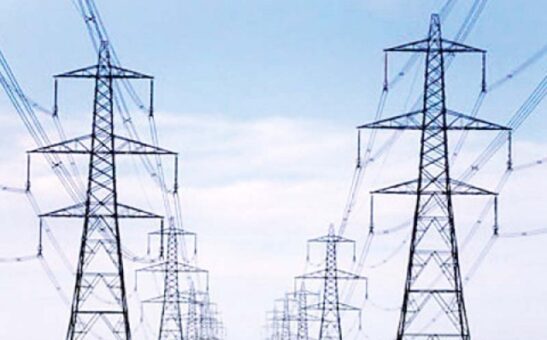In a move to reduce the deficit and meet the conditions set by the International Monetary Fund (IMF), Pakistan has officially notified an increase in electricity tariffs on Saturday. The decision will affect both industrial and residential consumers.
According to analysts at Arif Habib Limited, the government has implemented an increase of PKR 7.50 per kilowatt-hour (KWh) for industrial customers and an average of PKR 6.45 per KWh for residential customers (excluding protected consumers). The main objective of this tariff hike is to offset the impact of higher capacity payments and to pass on the burden to end consumers.
READ MORE: Government to Link Conditions to Petroleum Dealer Margin Increase
The Ministry of Energy’s monthly report revealed concerning data on the circular debt. During the 11 months of the fiscal year 2023 (11MFY23), the circular debt stock increased by a staggering PKR 394 billion, reaching a total of PKR 2,646 billion. This represents an average monthly increase of PKR 35.8 billion. In contrast, the circular debt had declined by PKR 27 billion during the same period the previous year. The increase in circular debt is attributed to recovery losses of DISCOs (Distribution Companies), quarter tariff adjustments (QTA), fuel charges adjustments (FCA), and fiscal space provisions.
READ MORE: Petrol Pumps Across Pakistan Will Remain Open After Dealers Postpone Strike
Analysts estimate that the electricity tariff hike will generate an incremental revenue of approximately PKR 896 billion in the current fiscal year (FY24). Furthermore, this increase in average electricity tariff is expected to have a direct impact of around 85 basis points on the Consumer Price Index (CPI), with a potential second-round impact in the coming months. The analysts have already factored in this impact while projecting a CPI of 20.8% for FY24.
The electricity tariff increase will also have significant sectoral impacts. Here are some notable estimates:
Cement Sector: Cement prices are expected to rise by approximately PKR 45 per bag (including GST) to fully pass on the impact of the electricity tariff hike. Cement manufacturers have benefited from declining coal prices over the past year, but the additional cost is likely to be transferred to the end consumer.
READ MORE: Fuel Crisis Looms as Petrol Stations in Pakistan Go on Indefinite Shutdown
Steel Sector:
Long Steel: Rebar costs are estimated to jump by PKR 5,000 to 5,500 per ton following the electricity tariff hike. Although scrap prices have decreased by 4%, rebar prices have surged by an average of 25% in the last six months due to currency weakening. The impact is expected to be borne by the end consumer.
Flat Steel: The minimum electricity requirement in the flat steel rolling process will result in an approximate PKR 1,000 to 1,200 per ton increase in CRC (Cold Rolled Coil) prices to fully pass on the higher electricity tariff impact.
Textile Sector: Export-oriented textile industries are no longer eligible for special electricity tariffs. Consequently, the sector’s margins may be under pressure. However, considering the currency weakening, the impact is expected to be relatively subdued.
READ MORE: Pakistan’s Import Bill for Petroleum Products Sees Sharp 37% Drop in FY23
The implementation of the electricity tariff increase marks a significant step towards fulfilling Pakistan’s commitments to the IMF. However, it also poses challenges for various sectors of the economy and will have implications on the cost of living for consumers. Authorities will closely monitor its effects to ensure economic stability and sustainable growth.
